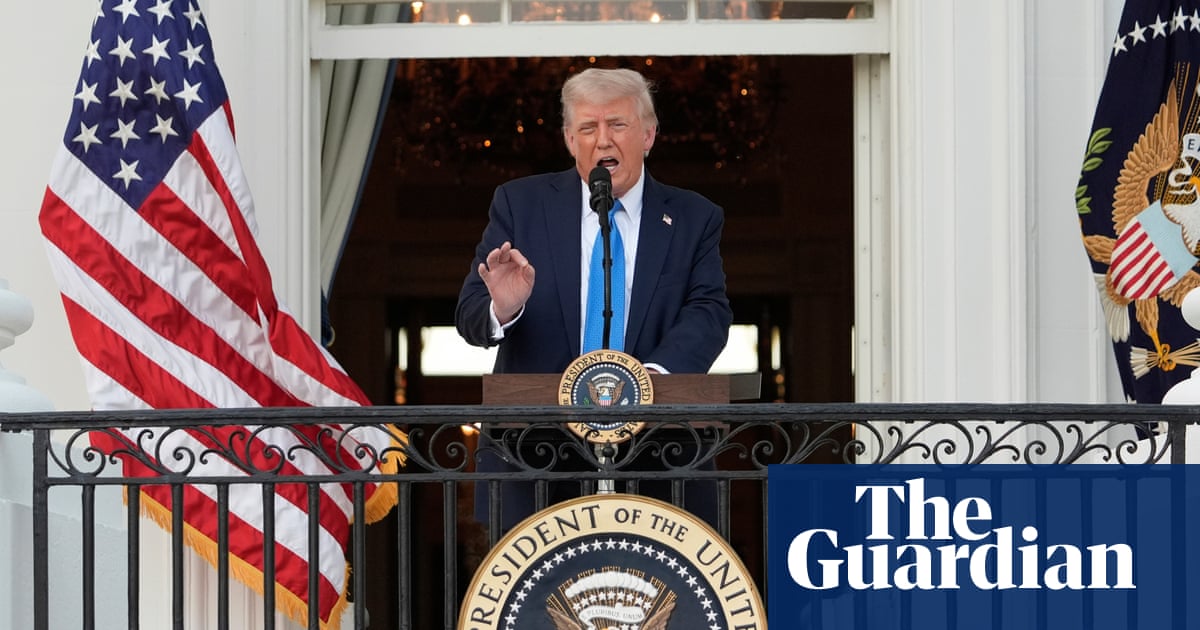Renewed Travel Bans: Trump’s Bold Move and Its Implications
In a dramatic return to power, former President Donald Trump has revived and expanded travel bans reminiscent of those from his first term, signing an executive order that severely restricts entry for nationals from 12 countries. This decision adds a new chapter to his controversial immigration policies and raises significant implications for families, communities, and the economy.
Countries Affected by the Ban
The latest travel ban imposes full restrictions on nationals from Afghanistan, Burma, Chad, the Republic of the Congo, Equatorial Guinea, Eritrea, Haiti, Iran, Libya, Somalia, Sudan, and Yemen. Additionally, partial restrictions will apply to individuals from Burundi, Cuba, Laos, Sierra Leone, Togo, Turkmenistan, and Venezuela. This broad scope suggests a significant tightening of previously loose travel regulations and reflects Trump’s ongoing hardline stance on immigration.
Justifications for the Ban
In announcing the order, Trump cited national security, foreign policy, and counterterrorism as primary justifications. He emphasized concerns over visa overstays, claiming these countries pose particular risks. “We don’t want them,” he declared, underscoring a narrative that portrays immigration primarily as a threat rather than a benefit.
Advocacy and Opposition
Critics, including advocacy groups and immigration experts, have condemned the blanket approach to bans as discriminatory. They argue that such policies single out specific ethnic groups, leading to familial separations and a negative impact on immigrant communities, particularly from countries like Haiti, Cuba, and Venezuela. Representative Pramila Jayapal from Washington, D.C., articulated the damaging effects of such a policy, stating that it limits legal immigration and undermines the core values of America.
Historical Context
The renewed ban draws on Trump’s earlier immigration policies, which were marked by similar restrictions and a high degree of controversy. Following his initial travel ban in 2017, extensive protests erupted at airports nationwide, with civil rights advocates scrambling to assist stranded travelers. Legal battles ensued, culminating in a Supreme Court ruling that upheld the ban under the guise of national security.
Trump’s previous bans targeted primarily Muslim-majority countries but were later expanded to include nations like North Korea and Venezuela, reflecting the administration’s shifting focus. Despite criticisms inherent in the bans—labeled by some as bigotry—the Supreme Court ruled that they fell within presidential powers, igniting further debates about the judicial system’s role in overseeing such policies.
The Broader Impact of Immigration Policies
The resurgence of stringent immigration policies occurs alongside other hardline measures implemented by Trump, including the erosion of asylum claims at the southern border and the cancellation of temporary protected status for individuals from countries in crisis. Moreover, there have been moves to restrict foreign student visas, particularly targeting institutions such as Harvard University, and enhanced scrutiny of visa applicants through social media screening.
The policy decisions have sparked debates about the long-term impact of limiting immigration on the U.S. economy. Many communities depend on the contributions and diversity brought by immigrants, and advocates argue that such restrictions could have a detrimental effect on local economies and cultural fabric.
The Political Landscape
Trump’s decision to reinstate travel bans also comes amid the ongoing political discourse in the U.S., particularly during election seasons. His campaign rhetoric has frequently referenced the need for stringent immigration controls, giving voters a clear idea of his stance on national security issues.
Promising to act decisively, Trump stated, “We will seal our border and bring back the travel ban.” This kind of messaging resonates with a significant portion of the electorate who prioritize border control.
Future of the Travel Ban
Looking ahead, Trump has indicated that the list of banned countries could evolve, potentially including new nations as threats are perceived to emerge. The implications of an ever-changing travel ban create an atmosphere of uncertainty for many, complicating the landscape for those who wish to travel or immigrate to the United States.
As discussions surrounding immigration policy continue to unfold, it remains crucial to examine both the moral and practical implications of blanket bans and their lasting effects on individuals and American society as a whole. The balance between security and hospitality remains a contentious issue, one that shapes not only the current political climate but potentially the future identity of the nation.


